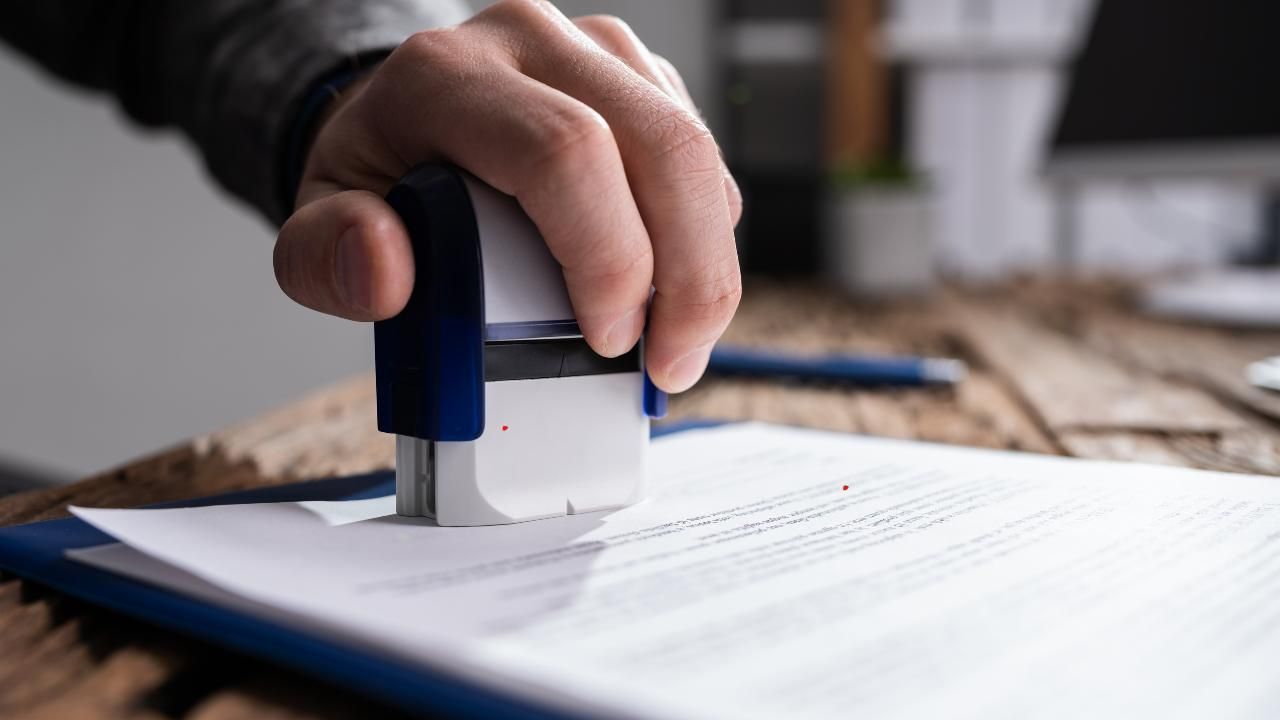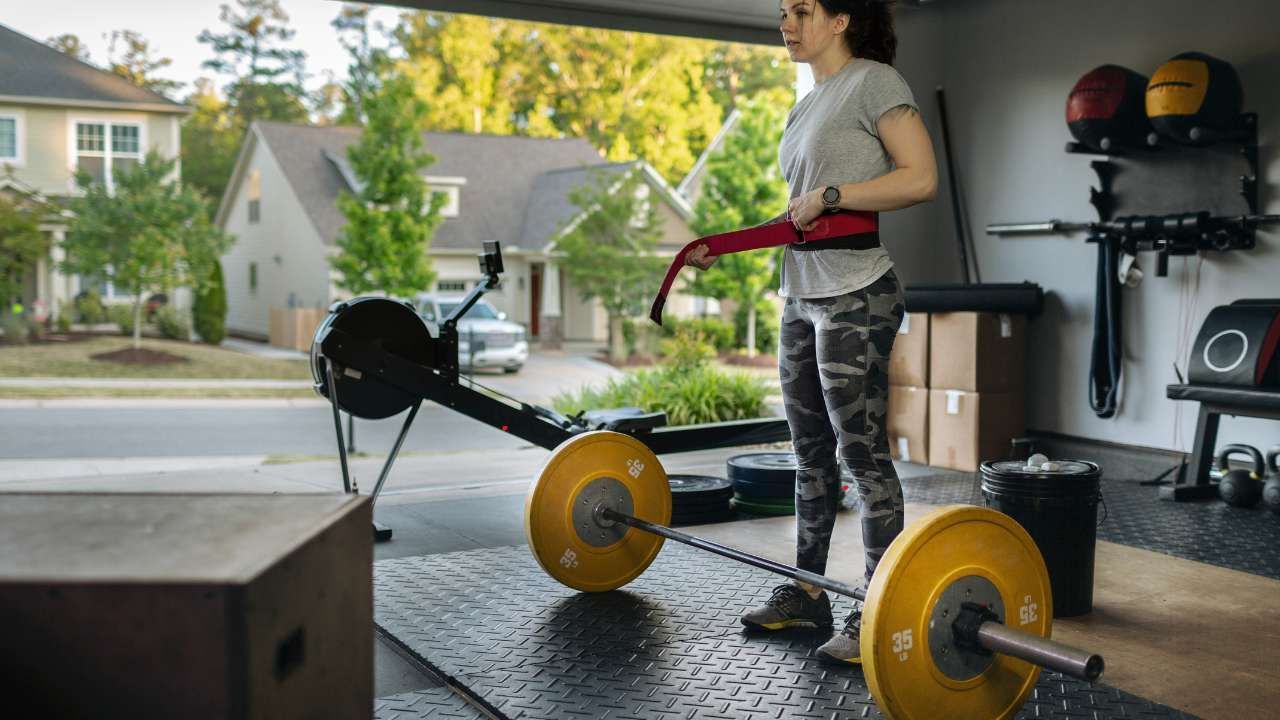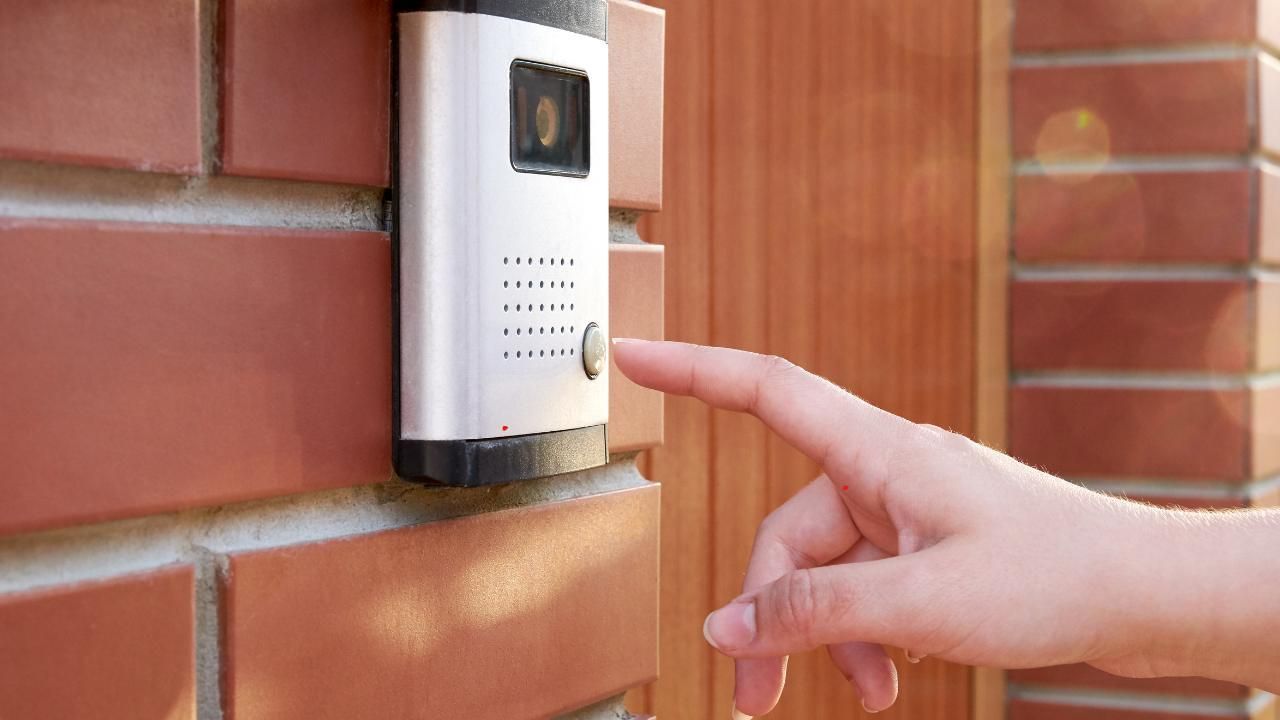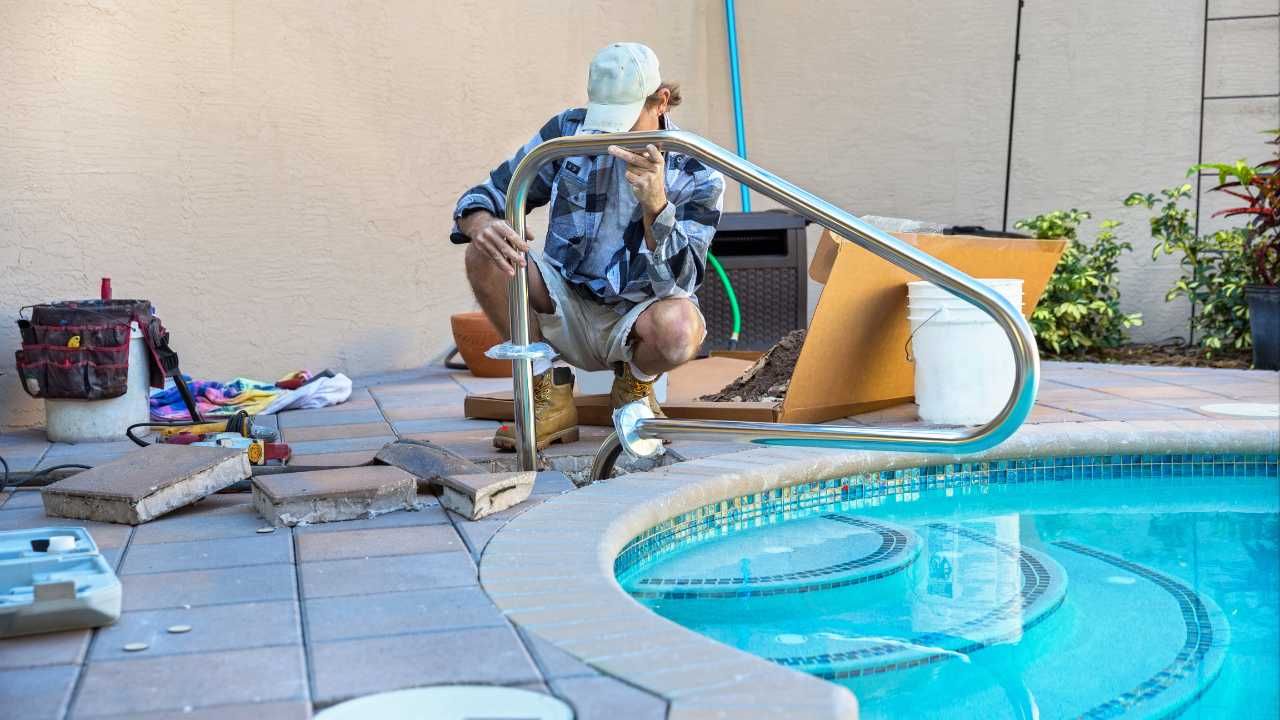How to Get a Home Renovation Permit in Gwinnett County

Thinking about upgrading your kitchen, building that dreamy sunroom, or finally finishing your basement? You're not alone. Gwinnett County homeowners are investing more in renovations than ever before—and for good reason. Home improvements don’t just boost your home’s comfort and functionality; they can also increase its value. As contractors providing home renovation Gwinnett County GA residents have used for years, we know firsthand how confusing permits can seem—especially when every city and county has its own rules.
That’s why we’re breaking it down for you, step by step, so your project moves forward without costly delays or code violations.
Why Do You Even Need a Permit?
We get it—it might feel like just another layer of red tape. But permits exist to protect you, your home, and future homeowners. The permitting process ensures that all construction follows building codes, which are designed to keep structures safe and compliant with local regulations.
So when exactly do you need a permit in Gwinnett County? Here’s a general rule of thumb:
- Structural changes (like moving walls or adding rooms)? Yes, you’ll need one.
- Major systems updates (like electrical, plumbing, or HVAC)? Absolutely.
- Interior cosmetic changes (like painting or new flooring)? You’re usually in the clear.
Of course, every project is unique. When in doubt, it’s always safer (and smarter) to ask your contractor—or call the Gwinnett County Building Division directly.
Step-by-Step: Getting Your Permit
1. Determine Your Jurisdiction
Gwinnett County includes multiple cities (like Lawrenceville, Snellville, and Duluth), and each has its own permitting process. If your home falls within city limits, you’ll need to apply through that city. If not, Gwinnett County will handle it directly.
2. Prepare Your Documents
Permit applications typically require detailed plans, including:
- Floor plans or blueprints
- Site plans if your project affects the property footprint
- Specs for structural changes or new systems
- Contractor license information (if applicable)
If you’re working with us, we’ll help prepare and review all of this before submission—we’ve done this hundreds of times, so we know what flies and what flops.
3. Submit Your Application
Whether it’s online or in person, the application process can vary depending on your jurisdiction. Most cities and Gwinnett County offer digital permitting portals to make things easier. Once submitted, your plans will undergo a review process that can take anywhere from a few days to a few weeks.
4. Wait for Approval
This part requires a little patience. Plan reviewers will go over your application and may request changes or clarifications. As your contractor, we can speed things along by responding promptly to those requests.
5. Schedule Inspections
Once your permit is approved, you’re not completely off the hook. During the course of the renovation, inspections are typically required at different stages to ensure code compliance. Final inspection approval is often necessary before you can legally “close out” your project.
Case Study: Turning Permit Stress into Peace of Mind
One of our recent projects in Suwanee started with a common concern: the homeowner wanted to knock out a load-bearing wall to create an open-concept kitchen but had no idea if that required a permit or how to start. On top of that, the home was located just inside city limits, meaning we had to apply through the city of Suwanee—not the county.
We handled every step of the permitting process on their behalf: drafting structural plans, submitting documentation, and coordinating with the city’s inspectors. When a code official asked for additional calculations, we had them ready within 24 hours. The permit was approved in just under two weeks.
The homeowner now enjoys a beautifully renovated space with peace of mind knowing everything is fully inspected and up to code—no surprises during resale, and no worries about structural safety.
What Happens If You Skip the Permit?
Skipping permits might save you time upfront, but it’s a gamble you don’t want to take. Here’s what can go wrong:
- You could be fined or forced to undo the work.
- Future buyers (and their lenders) might walk away if your upgrades aren’t permitted.
- Insurance claims may be denied if damage stems from unpermitted work.
Bottom line: permits are a small price to pay for protection, peace of mind, and a smoother renovation overall.
Let’s Make Your Renovation Easy
When it comes to home renovation in Gwinnett County, getting a permit is just part of doing it right. We don’t just build—we guide. From concept to completion, Trimelogic LLC is here to handle every step of the process, permits included, so you can focus on enjoying the home you’ve been dreaming of. We offer a full range of services, ensuring a smooth and stress-free experience from initial planning to the final touches.
Ready to get started? Contact our team today, and let’s make your next home remodeling a success from the ground up.











